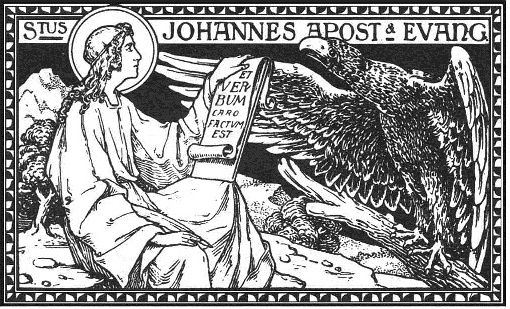1 January 2014
There's a hogmanay dance on this evening, which I am not at. The Memsahib doesn't want to go. She has allowed as how I might go on my own, but I think the reasonable and prudent man would not take advantage of that permission on new year's eve. Just as well, actually. The back and the sciatica have been making nuisances of themselves today. I doubt the three-beat pas de basque would've done them any good.
A happy new year to all this year's visitors to The Inn.



































